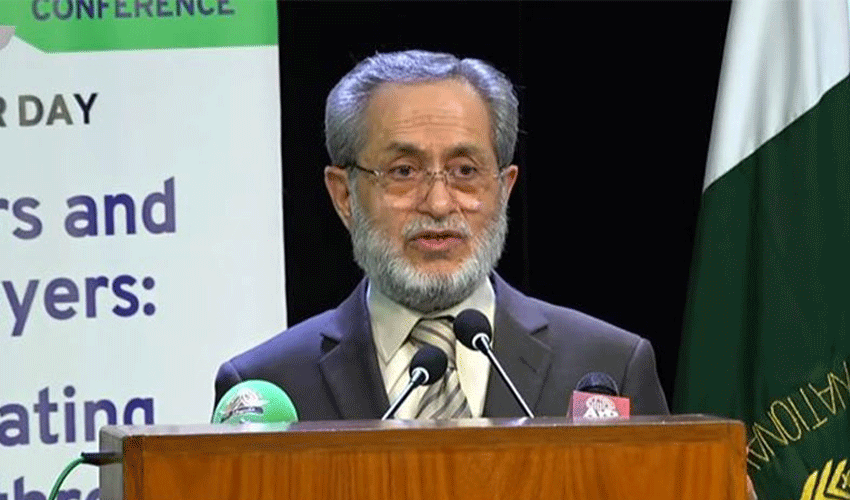According to Justice Mandokhel, “judges don’t always fulfil their duty of justice.”

Judge Jamal Mandokhel of the Supreme Court had serious reservations about the nation’s justice system, pointing out that judges don’t always provide the necessary level of justice.
Speaking at a Labour Day ceremony in Islamabad on May 1, Justice Mandokhel underlined the difficulties judges encounter when making decisions and the duty they have to protect the Constitution.
“Justice is the work of Allah,” he said, adding that judges only consider the evidence that is put in front of them while rendering rulings.
Justice Mandokhel recognised the challenges judges encounter, especially when rendering decisions that could have a significant impact on people’s lives. “The question is whether we are doing justice to our work,” he said, reflecting on his role and the oath he took to protect the rights of the nation. In addition, he conveyed his concern about potentially breaking his oath, reaffirming his resolve to defend the Constitution free from outside interference or prejudice.
In his discussion on the value of communication and teamwork in resolving conflicts, Justice Mandokhel emphasised that “every person in any organisation has the right to form a union.”
He cited the example of his home province, which is known for its mining industry, urging the government to enact laws that protect the rights of workers in hazardous conditions.
He also highlighted that no worker should be treated like a slave and that everyone should have access to the rights guaranteed by the Constitution. “We make decisions and protect them according to the Constitution,” he said. “Whatever decision we have to make, we have to do it without coming under pressure, fear, or greed from anyone.”
Speaking on behalf of himself and his fellow judges, Justice Mandokhel assured the public that he would continue to defend justice and people’ rights. He advocated for more candid communication, arguing that mutual understanding and discussion might settle a lot of problems.
“Let’s sit together on whatever issue there is,” he said, stressing the need for unity and collective problem-solving in both the judiciary and broader society. In closing, Justice Mandokhel acknowledged the difficult nature of his job and, in a humorous remark about his colleague Siddiqui Sahib, emphasised the importance of having